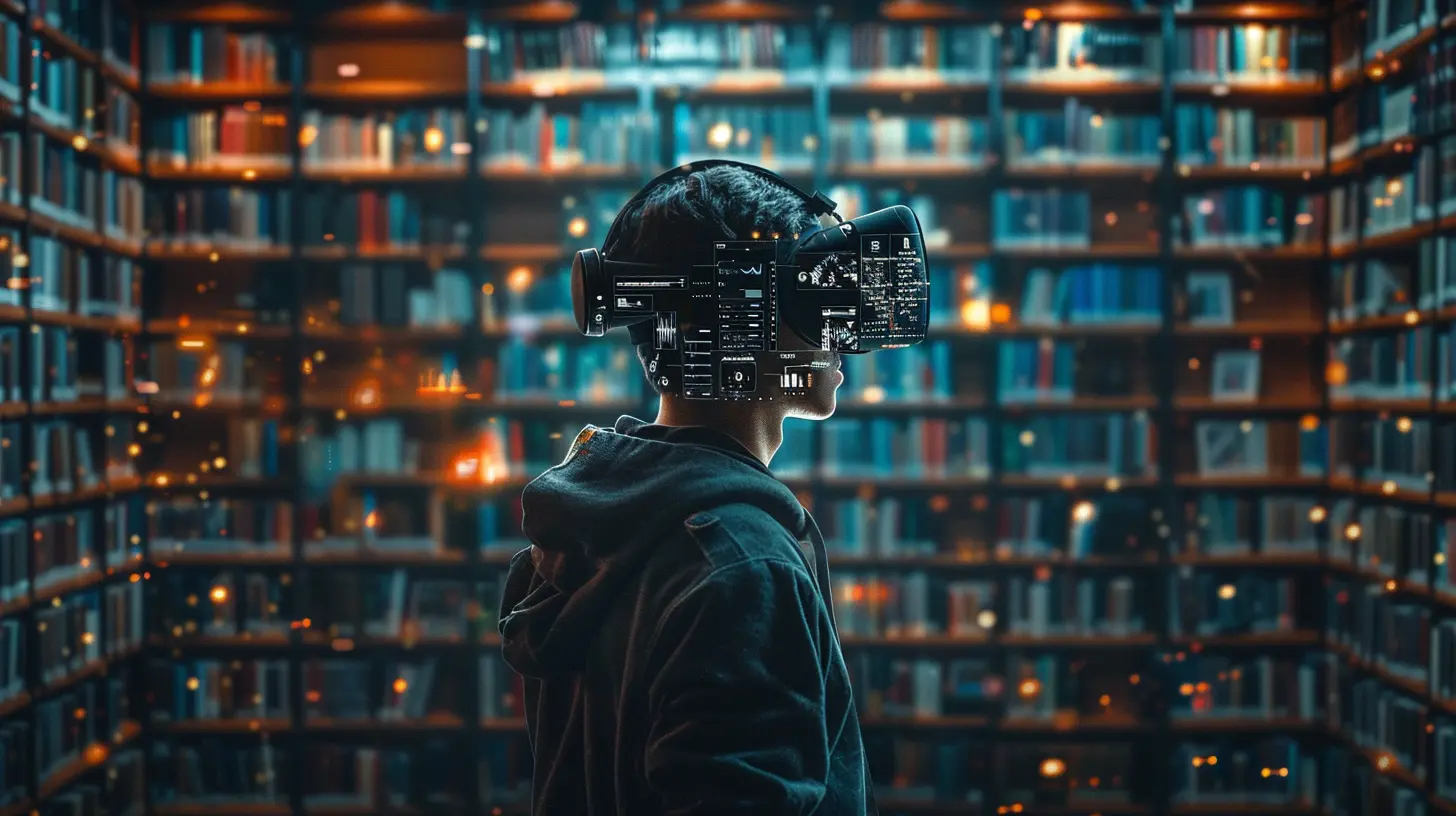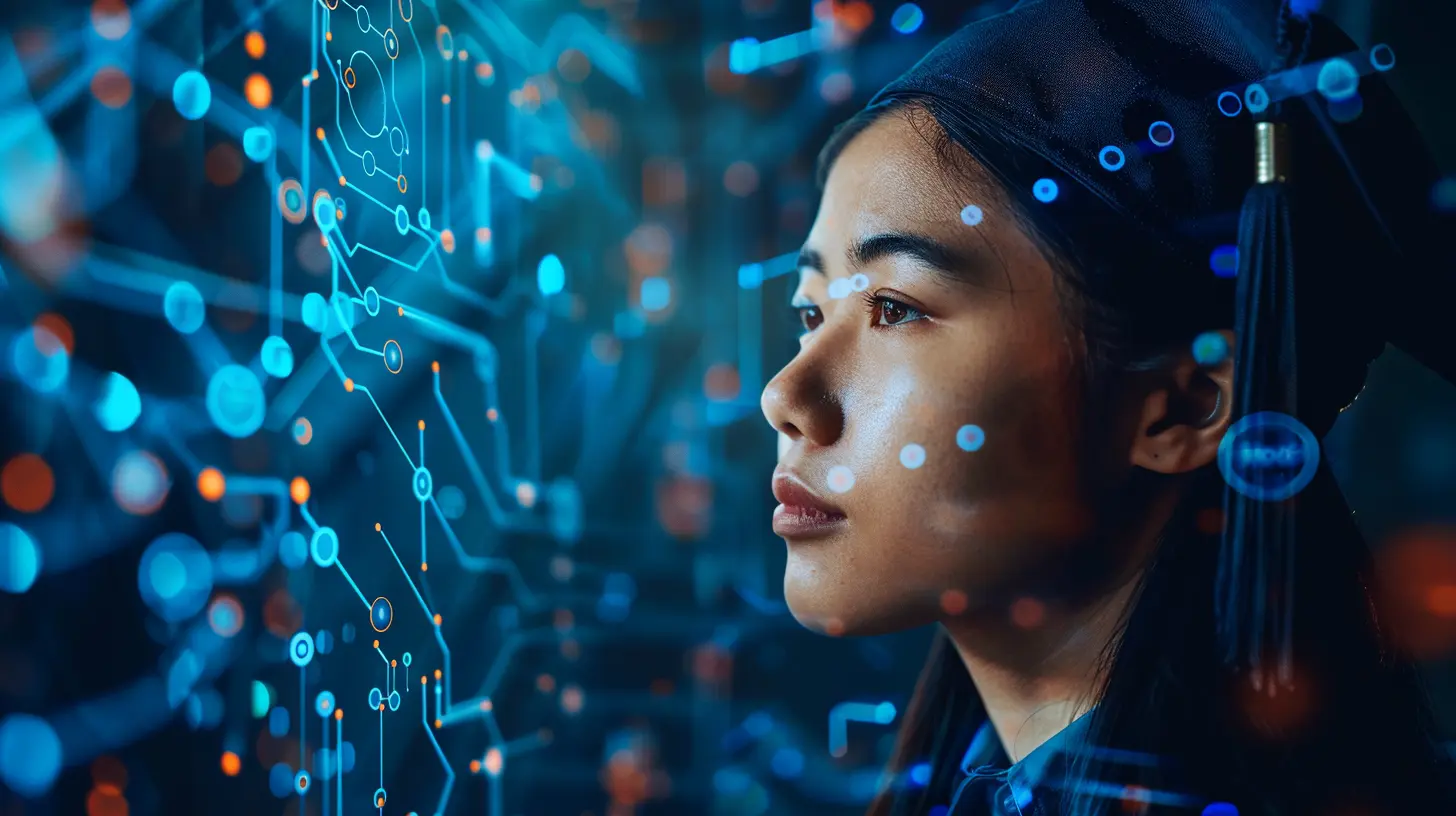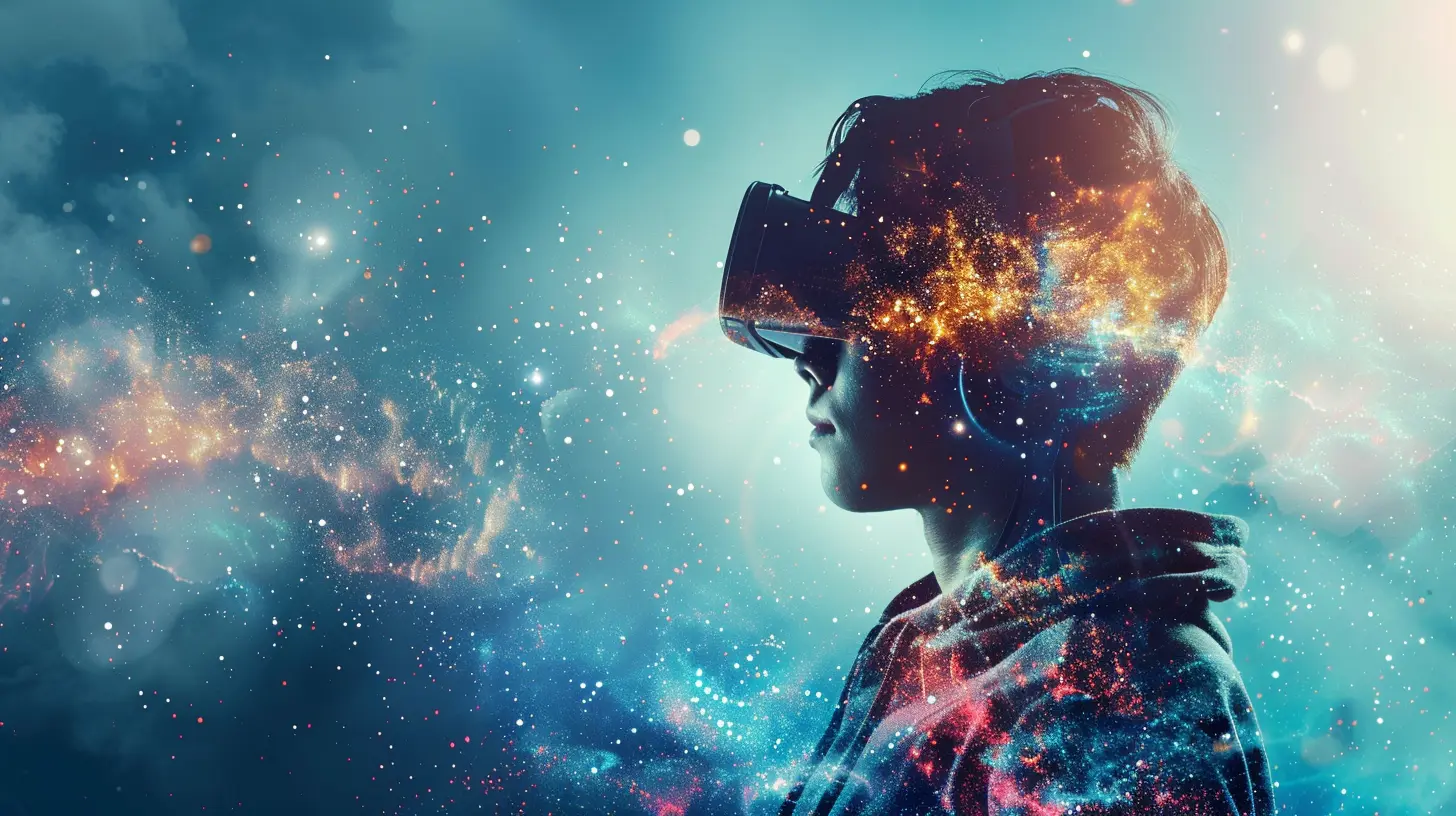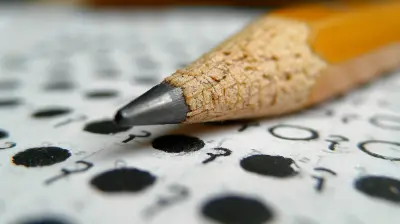The Intersection of Technology and Lifelong Learning: Opportunities and Challenges
27 June 2025
Let’s be honest—technology has completely flipped the script on how we learn. Not long ago, education meant sitting in classrooms, taking notes by hand, and flipping through dusty textbooks. Today? You can take a coding course from MIT while lounging in your pajamas, thanks to your smartphone.
This new age of learning isn’t just for kids or college students. Lifelong learning has become a necessity, not a luxury. And at the heart of it all is technology. Whether you’re learning to bake sourdough through YouTube or mastering data analytics on Coursera, tech is your ride-or-die sidekick. But like all things shiny and new, it comes with its own set of baggage.
So grab a coffee and let’s break down the good, the bad, and the game-changing when it comes to the intersection of technology and lifelong learning.
What Is Lifelong Learning, Anyway?
Before we dive into the techy stuff, let’s pin down what we mean by lifelong learning.Lifelong learning is basically the idea that education doesn’t end when you get your degree. It’s a continuous, voluntary, and often self-motivated pursuit of knowledge—for personal or professional growth. Think of it like a gym for your brain. You may not have to go, but boy, do you feel smarter and stronger if you do!
Technology + Lifelong Learning = A Match Made in Digital Heaven?
Now that we’ve set the stage, let’s zoom into how technology fits in. Spoiler alert: it’s a game-changer. But not without some headaches.1. Learning Has Never Been This Accessible
One of the biggest wins? Accessibility. You no longer need to enroll in a university or move across the country for a quality education.Got a phone and Wi-Fi? You’ve got a classroom.
From free YouTube tutorials to full-blown online degrees, the playing field has opened up in a beautiful way. Anyone, anywhere, at any age can learn just about anything. Whether you're in New York or Nairobi, your access to knowledge is just a click away.
2. Customized Learning—Just for You
Remember those one-size-fits-all lectures? Technology said, “Nah, we can do better.”With AI-driven platforms and data analytics, you can get a learning path tailored to your pace, style, and goals. Tools like Duolingo adapt in real-time based on how you perform. Struggling with verbs in Spanish? It’ll keep throwing them at you until you nail ’em.
It’s like having a personal trainer, but for your brain.
3. Learn Anytime, Anywhere
Forget 9-to-5 schedules. With tech, you’re learning on your terms.Got 10 minutes while waiting for your Uber? Knock out a lesson. Commuting? Listen to a podcast. Insomnia at 3 a.m.? Fire up an edu app. Flexibility is the name of the game.
The Wild World of EdTech Tools and Platforms
Let’s get into the juicy stuff—what tools are out there, and what’s actually worth your time?MOOCs (Massive Open Online Courses)
Platforms like Coursera, edX, and Udacity are blowing traditional education out of the water. Many courses are free or low-cost and taught by top-tier professors.And hey, you can even earn a certificate or degree without ever stepping foot on campus.
Mobile Learning Apps
Whether it’s Khan Academy for academic help or Skillshare for creative skills—mobile apps are your best friends for learning on the go.Bonus? They’re usually built to be addictive, like TikTok but for your brain.
Virtual and Augmented Reality
VR and AR are taking things to a whole new level. Medical students can now practice surgery in virtual environments. History buffs can "walk" through ancient Rome. It’s immersive, interactive, and insanely cool.AI Chatbots and Tutors
AI isn’t just writing your essay anymore—it’s teaching you stuff, too. Tools like ChatGPT (yep, like me!) can break down complex ideas, quiz you, or help brainstorm. It’s like having a tutor in your pocket.
But Wait, It’s Not All Sunshine and Rainbows 🌧️
Technology's not perfect. Let’s be real, for every door it opens, it introduces a few speed bumps.1. Digital Divide: Not Everyone's Invited
Sure, tech makes learning easier—if you can afford it.Millions of people still struggle with internet access, let alone owning a laptop or smartphone. This digital divide widens the gap between the haves and have-nots, making lifelong learning less “lifelong” and more “luxury” for some.
2. Information Overload: Drowning in Data
Ever tried Googling “how to learn graphic design”? You’ll get millions of results. It’s a lot.With so much information out there, it’s hard to know what’s useful and what’s just noise. You can spend more time figuring out what to learn than actually learning.
3. Motivation and Discipline: The Real Struggle
Let’s be honest—learning alone is tough. No teachers to check in on you. No classmates to keep you accountable. You’re the captain of your own ship, and sometimes, that ship runs aground on Netflix Island.4. Quality Control: Who Can You Trust?
The internet is full of self-proclaimed experts. One day you're watching a helpful tutorial, the next you're following advice from someone who may not even know what they're talking about.Without regulation, the quality of content varies wildly.
Lifelong Learning in the Workplace
It’s not just personal. Companies are jumping on the lifelong learning bandwagon, too.With job roles evolving faster than ever (thanks, AI), employees who keep learning stay ahead of the curve. Businesses are investing in upskilling and reskilling their teams using platforms like LinkedIn Learning, Pluralsight, and Udemy.
So, learning isn’t just helping you grow—it’s keeping you relevant.
The Role of Microlearning
Let’s face it, not all of us have time for 3-hour webinars or 6-week courses.Enter microlearning.
Think bite-sized lessons. Quick videos. Flashcard apps. Podcasts. It’s the learning equivalent of snacking instead of sitting down for a full meal. Perfect for busy schedules and short attention spans.
Social Learning Is a Thing Now
Remember when learning was all about textbooks and tests?Now, we’re learning from... each other.
Online forums, discussion boards, Zoom study groups, and even TikTok creators are driving social learning. Platforms like Reddit, Discord, and Slack have thriving communities built entirely around knowledge-sharing.
Because learning is better (and more fun) when it’s social.
Looking Ahead: What’s the Future of Tech-Driven Lifelong Learning?
The future looks exciting—and a bit unpredictable.More AI, More Personalization
AI will go beyond answering questions. It'll understand your learning habits, track your progress, and create personalized learning journeys. Think of it as a GPS for your education path.Gamification Will Rule
Apps are getting smart—and fun. You'll collect achievements, level up, and compete with friends. It turns learning into a game, and honestly, who doesn’t love that?Blockchain for Credentialing
Blockchain can provide secure, tamper-proof certifications. So when you earn a skill, it’s legit—and shareable on your LinkedIn profile, resume, or digital wallet.Final Thoughts: Embrace the Change (With Caution)
Look, the marriage of technology and lifelong learning is far from perfect, but it’s here to stay.You’ve got more learning tools than ever before. That’s powerful. Whether you want to switch careers, start a side hustle, pick up a new language, or just stay mentally sharp, tech’s got your back.
Just remember: it’s a tool, not a magic wand. Use it wisely, stay motivated, and don’t be afraid to unplug now and then. Because the best kind of learning? It's balanced, intentional, and fun.
Ready to take charge of your lifelong learning journey? Your future self will thank you.
all images in this post were generated using AI tools
Category:
Lifelong LearningAuthor:

Olivia Lewis
Discussion
rate this article
2 comments
Rook Romero
This article beautifully highlights how technology can enhance lifelong learning while also posing unique challenges we must navigate.
November 15, 2025 at 12:09 PM

Olivia Lewis
Thank you for your insightful comment! I'm glad you found the article valuable in exploring both the benefits and challenges of technology in lifelong learning.
Caroline Cooper
Navigating the tech-lifelong learning landscape is like surfing a digital wave: thrilling opportunities abound, but without balance and awareness, we risk wiping out in the challenges beneath the surface. Stay agile!
July 10, 2025 at 3:46 AM

Olivia Lewis
Absolutely! Staying agile and balanced is key to thriving in the ever-evolving tech landscape of lifelong learning. Thanks for your insights!


